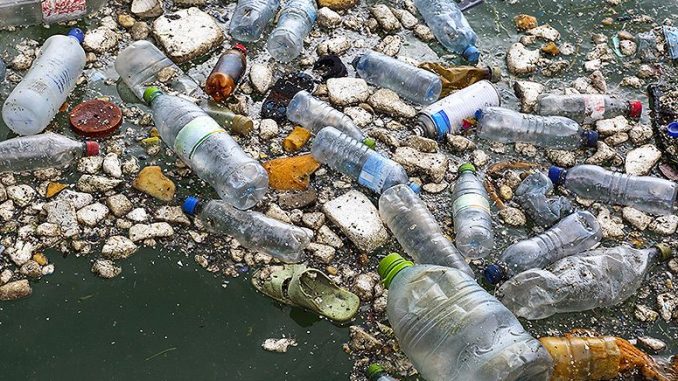
Scientists estimate that by 2050 there will be more plastic than fish in the world’s oceans. This shocking figure is one of many outlined by the Ellen MacArthur Foundation in a report on the new plastics economy, released in January 2017.
The study revealed that 32 per cent of the annual production of plastic is lost to ‘leakage’, most of which goes into the ocean, with 40 percent going to landfill and only 14 percent collected each year for recycling.
Leakage of plastic into the ocean occurs at a rate of one garbage truck-full every minute.
Plastics we use for just a few minutes at a time last forever in our environment. Being non-biodegradable, plastic forms islands in the sea and snags in the stomachs of marine life.
Plastic is everywhere – our veggies are wrapped in plastic and our bins are lined with plastic. There is a plastic lining in about 99 per cent of disposable cups used for
takeaway coffee.
Because of its abundance, plastic may seem difficult to avoid. But it is possible, and it’s time for us to take on the challenge. Plastic Free July is a worldwide challenge that aims at avoiding single use plastics. The initiative focuses on simple, effective solutions to the problem that each of us can take on at home.
You can:
· Use a Keep Cup
· Line your bin with newspaper instead of plastic bags
· Store your food in recycled glass jars, a bowl with a plate on top, or wrap herbs and cheeses in fabric
· Use re-usable containers to pick up your take-away food
· Buy non-synthetic clothing (eco-cotton or hemp) instead of plastic based clothing (polyester or nylon)
There are more tips online at http://www.plasticfreejuly.org/ or register to formally take on the challenge. You can also attend one of the Plastic Free July workshops organised by The Big Drop Collective and held at Addison Road Community Centre, Marrickville, on Saturday 22 July.
Words by Lucia Moon.
